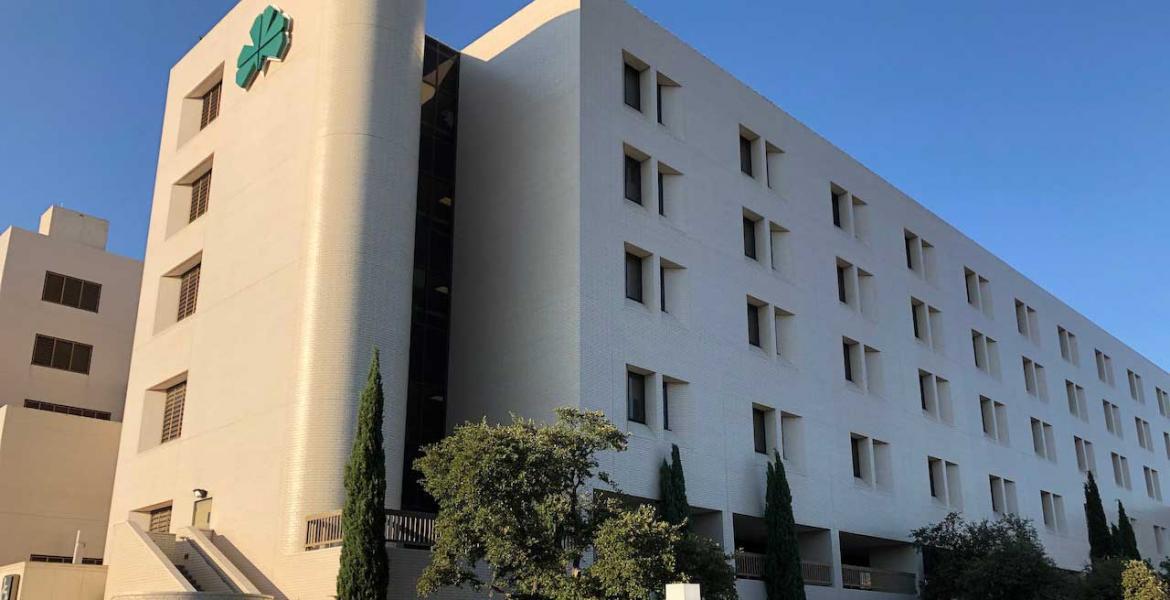WASHINGTON, TX — On Saturday the Food and Drug Administration announced an emergency approval of pooled samples in an effort to speed up coronavirus testing.
According to KTXS, pooled testing combines test samples from patients in batches instead of running each test individually first. A negative result would clear everyone in the batch, while a positive result would require each sample to be tested individually. Pooling is more effective in lab-run tests which can take hours to process.
Sample pooling can have several benefits, including stretching laboratory supplies, reducing costs, and expanding test capabilities.
“It’s a really good tool. It can be used in any of a number of circumstances, including at the community level or even in schools,” said Dr. Anthony Fauci at a Senate hearing last month.
But pooling may not be the best option in cities and towns classified as hotspots. According to experts, the logistical and financial benefits of pooling will only be ascertainable when a small number of pools test positive. One instance where pool testing would be infective would be in a nursing home experiencing an outbreak.
Pooling is recommended in places where less than 10 percent of people are expected to test positive.
Subscribe to the LIVE! Daily
Required






Post a comment to this article here: